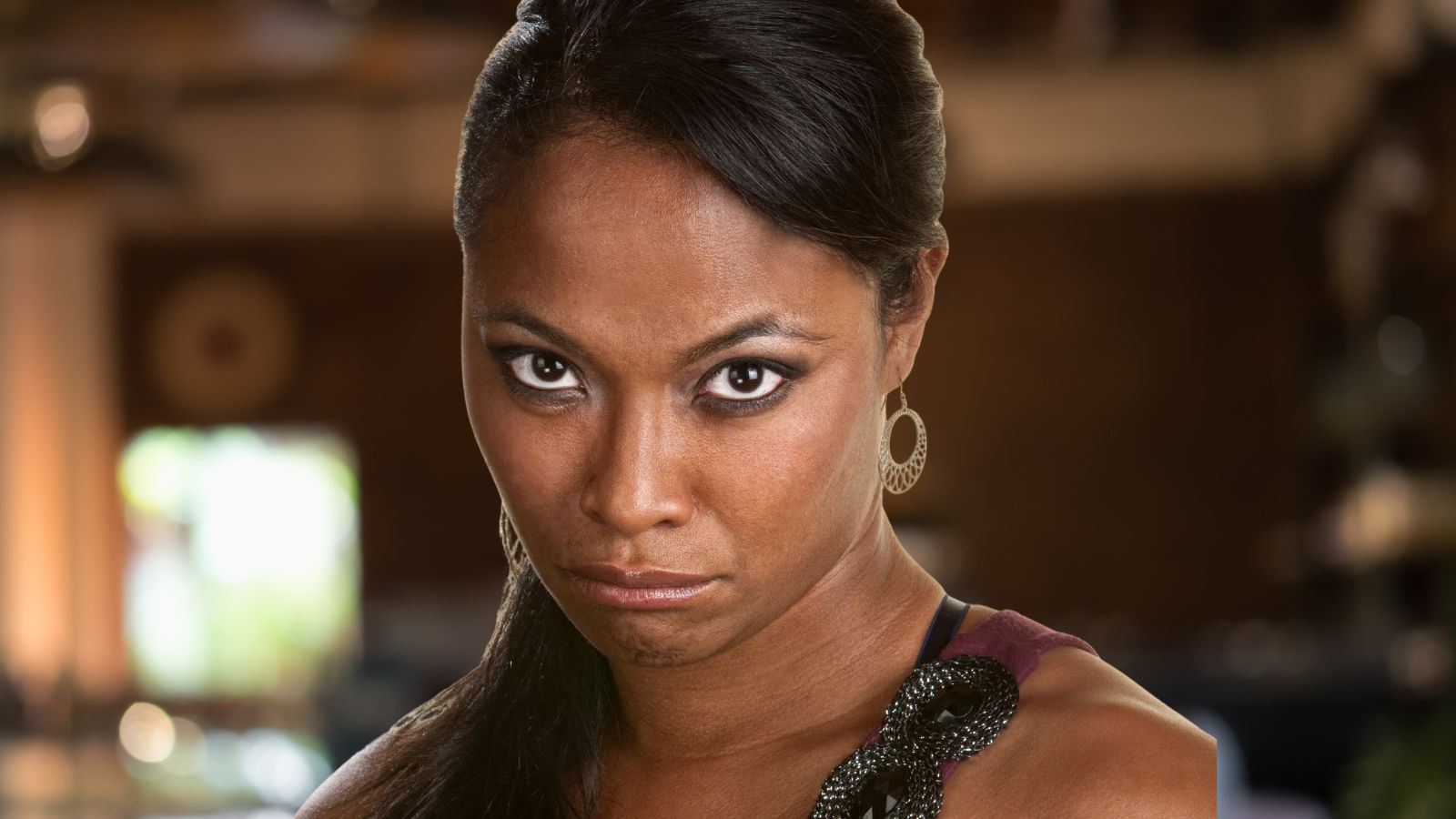Discussing race can be challenging because it’s such a sensitive topic, but communication can encourage understanding and create meaningful change, so sometimes hard conversations can be positive for all concerned. If you find yourself engaging in a conversation about race, here are 18 things to avoid saying to ensure the dialogue remains respectful and productive.
“I Have Black Friends”

Having friends of a different race doesn't exempt someone from making racially insensitive comments, and it's actually more meaningful to actively listen and learn from those friends' experiences with racism.
“All Lives Matter”
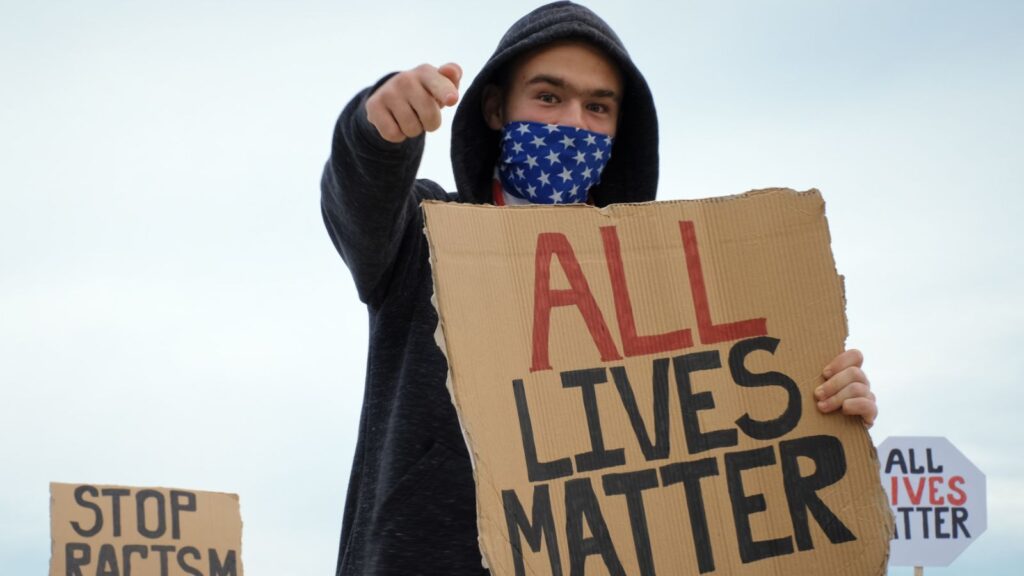
While true, this phrase can undermine the specific struggles faced by the Black community, and understanding the intent behind “Black Lives Matter” helps recognize the need to address systemic racism.
“I'm Not Racist, but…”
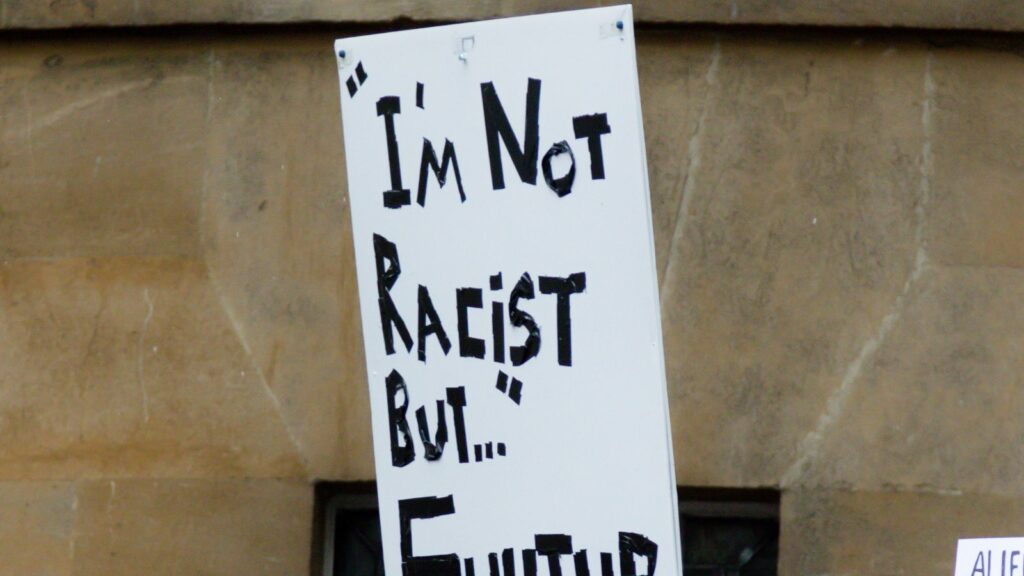
Starting a sentence this way often leads to a statement that is indeed racist, so it's essential to reflect on why you feel the need to preface your thoughts this way and address any underlying biases you may unconsciously hold.
“Reverse Racism”
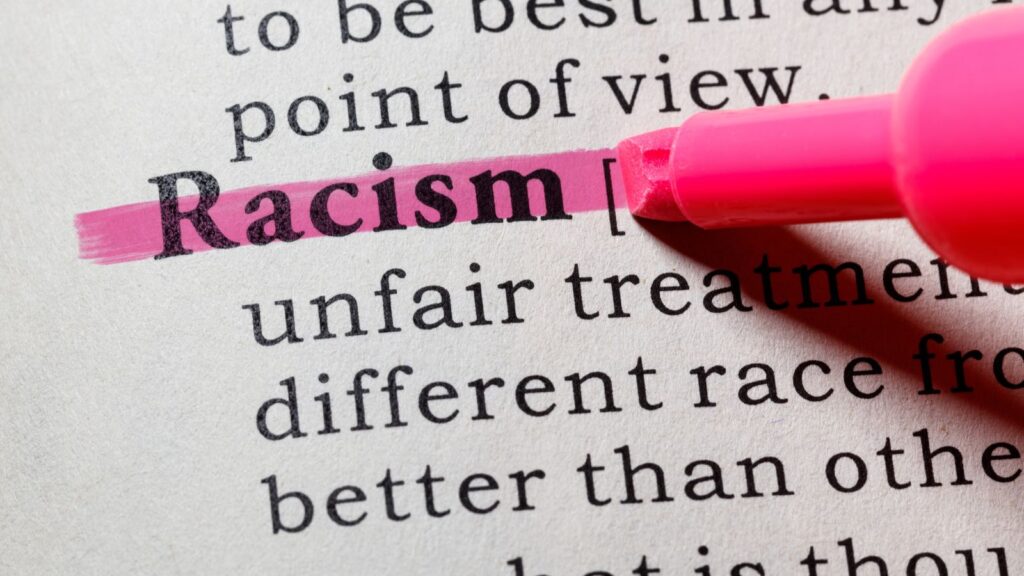
Reverse racism is whenever someone claims that “all sides are racist” or something to this effect, but claims of reverse racism often ignore the systemic nature of racial inequality. Racism involves power and privilege, which historically and currently benefits white people over non-white people.
“Where Are You Really From?”

Asking this can imply that someone doesn't belong because of their appearance, and frankly, it’s rude, presumptuous, and offensive. It's much better to focus on getting to know a person without making assumptions about their background, ethnicity, or heritage.
“Can I Touch Your Hair?”

The question, “Can I touch your hair?” objectifies and exoticizes people of color, plus it also invades someone's personal space. It’s important to respect personal boundaries and avoid making such requests, which can be intrusive and demeaning.
“But What About [Other Ethnic Group]?”

When discussing racial issues, diverting attention to other groups can undermine the specific concerns being addressed. It’s important to remember that each ethnic group and race of people is totally unique in a multitude of ways, and it is both ignorant and offensive to attempt to draw comparisons between them. Instead, focus on the specific issue at hand without minimizing it by comparisons.
“Why is Everything About Race?”

This question can be dismissive of the real and pervasive impact of race on people's lives, and usually, it demonstrates that the person saying it has been privileged enough to not have had to battle racism in their lives.
The fact is that race influences many aspects, opportunities, and experiences of individual’s lives, both in positive, and negative ways. Recognizing this can demonstrate empathy, understanding, and compassion on your part.
“You're so Articulate”

This statement comes off as “passive, aggressive racism,” and it’s quite a backhanded compliment, as it implies that you didn't expect the person to be well-spoken because of their race. It's better to appreciate their thoughts and ideas without focusing on how they express them.
“My Family Didn't Own Slaves”
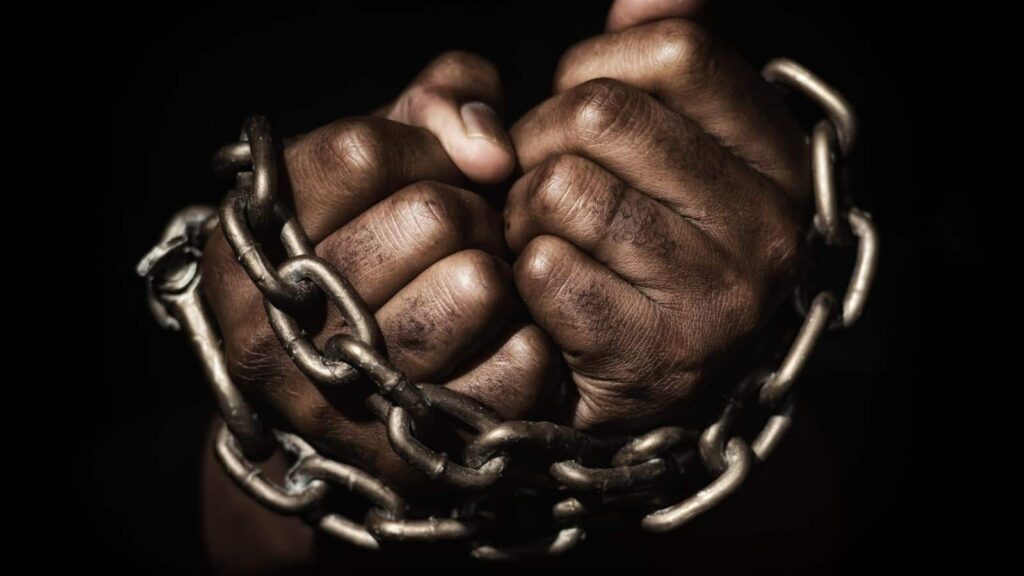
Avoid deflecting responsibility for systemic racism by focusing on personal history. Instead, try acknowledging the ongoing impacts of historical injustices from slavery and consider how to support racial equality today.
“I Don't See Color”

Saying “I don't see color” might seem like a way to express equality, but it can invalidate the experiences of people of color. Recognizing and valuing racial and cultural differences is crucial for genuine understanding, and ignoring a person's race also ignores the subtle nuances of their experiences, needs, and valued characteristics.
“Race Has Nothing to Do With it”

Dismissing race as a factor can ignore the systemic issues and personal experiences related to racial identity; race is an inherent part of a person's identity, which affects their life experience, choices, and opportunities on a macro and micro level. So, this statement is both ignorant and insensitive to the reality of non-white people's lives. Instead, try acknowledging that race often plays a significant role in various contexts within society.
“You Speak English so Well”

Similar to commenting on articulation, this can imply surprise that someone speaks English well because of their race. Again, this comes across as a backhanded compliment, and it sounds more like a negative sanction than positive praise. It’s much better to assume someone has competence in the English language unless they indicate otherwise.
“But You're Not Like Other [Race]”

This type of statement highlights harmful stereotypes and pits individuals against their own racial groups. It also reveals your own unconscious bias and can be quite offensive. Instead, it’s much better to appreciate people for who they are without making comparative judgments.
“I Was Just Joking”

Jokes about race can be hurtful and perpetuate stereotypes, and honestly, some topics are just too sensitive to joke about and are best to steer clear of. If someone points out that a joke is offensive, take their feedback seriously, apologize, and reflect on why the joke was inappropriate.
“I Understand How You Feel”
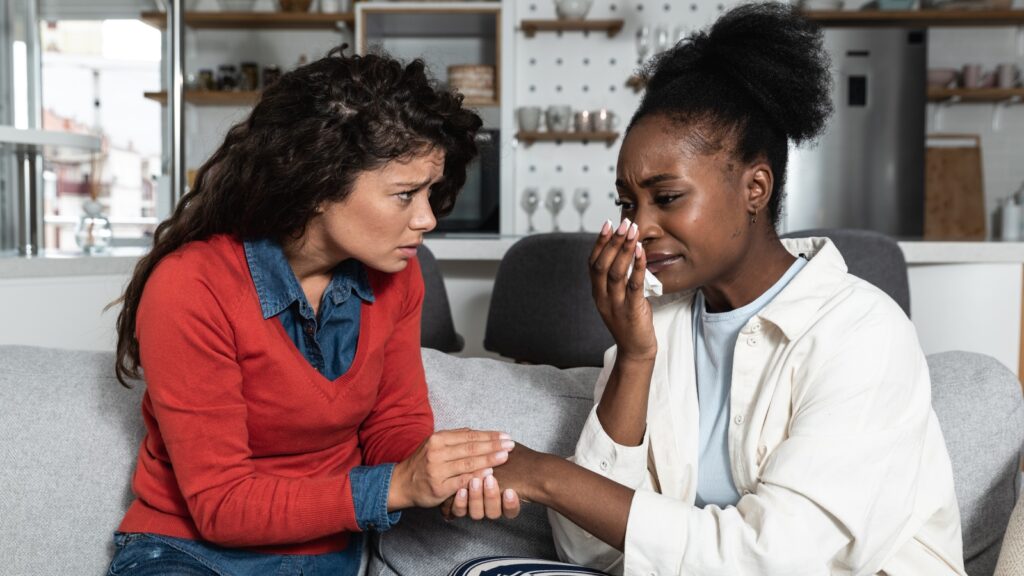
Unless you've experienced similar racial discrimination, it's better to listen empathetically rather than claim to understand. Acknowledging someone elses feelings about their experience of racism, and making them feel supported is a much better approach.
“White Fragility”

White fragility refers to defensive reactions by some white people when confronted with information about racial inequality. It's important to try and stay open and engaged in these conversations, even when they are uncomfortable.
“You're Playing the Race Card”

Accusing someone of playing the race card can invalidate their legitimate concerns about racism. Instead, try to listen and understand the other person's perspective rather than dismissing or belittling it.
Aiming For Allyship

As a white person, ideally, we should be aiming for allyship, which basically means being actively supportive of non-white individuals, their rights, and their experiences of racial discrimination. In conversations about race, try to strive toward active listening and a willingness to learn. Avoiding these phrases can help create a more respectful and constructive dialogue, fostering better understanding and progress toward racial equality.
30 Traditional Sayings That Are Now Considered Offensive by Woke Culture

30 Traditional Sayings That Are Now Considered Offensive by Woke Culture
21 Habits Often Associated With Having a Lower Social Status

21 Habits Often Associated With Having a Lower Social Status
25 Social Issues Gen Z are Determined to Cancel

